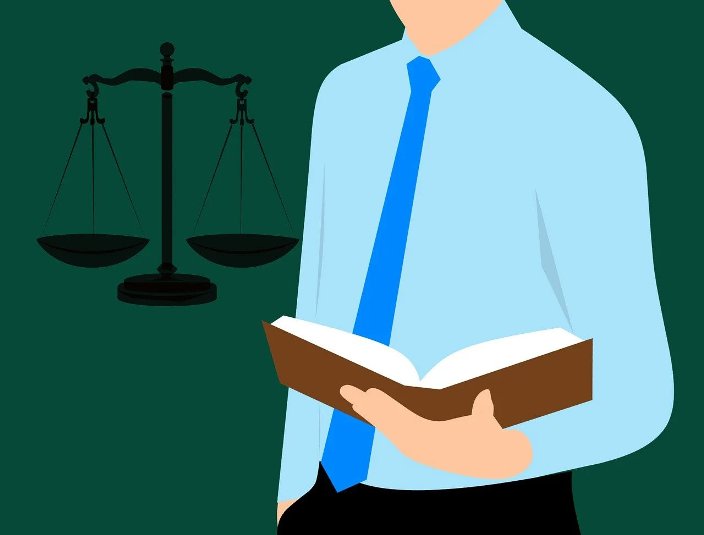Fraud involves the use of deception, falsehood, and dishonesty in an attempt to make a personal gain. Fraud cases have been on the increase in the United States with the Association of Certified Fraud Examiners estimating that fraud cost organizations nearly 5% of their annual revenue. While estimated against the country’s GDP, this amounts to $730 billion annual losses. Small businesses seem to be hurting most from fraudulent activities due to lenient controls as compared to larger organizations where controls tend to be stringent.
Both the federal and state governments have identified some types of fraud as felonies while others are considered misdemeanor offenses. A victim can bring a civil lawsuit for damages to compensate them for the losses they suffered as a result of the fraud or seek restraining orders to stop further damage from occurring.
While civil fraud does not carry the possibility of a jail term or fines, criminal fraud can result in a jail term, fines, or both. Based on the circumstances of the case, a person who commits fraud can be in violation of both state and federal laws and can be prosecuted for both. The complexities surrounding fraud cases to establish if they are felonies or misdemeanor offenses require the help of a fraud attorney, who has the full understanding of the law.
Fraud Litigation Lawsuits
Fraud lawsuits encompass a number of legal issues and claims from civil to commercial litigation claims related to:
- Misrepresentation of facts
- Omission and non-disclosure of information
- Fraudulent inducement
- Fraudulent concealment
- Tortious interference
Under the common law, the plaintiff must establish that the following circumstances existed:
- the speaker made a substantial misrepresentation of facts
- that was known to be untrue or made a positive assertion recklessly without knowledge of its truth
- with the intent that the other party will act upon it and enter into a binding agreement
- upon reliance of the misrepresented facts
- and suffered material loss
Upon establishing that each of these elements occurred, the case is deemed to have qualified as a fraud litigation lawsuit.
When to Hire a Fraud Lawyer
If you are a victim of fraud, whether as an individual or a business, it is important to seek legal assistance from a qualified fraud lawyer, who is knowledgeable of the state and federal laws that apply in your jurisdiction. The attorney will help you in understanding various concepts behind fraud as identified below.
- Determining if You Have a Case
For your case to qualify as a fraud lawsuit, you must be able to prove beyond reasonable doubt that each of the elements of the fraud occurred and that you suffered measurable losses from the fraudulent misrepresentation. As a common individual with little knowledge about fraud laws, you may not be able to handle the pre-suit fraud investigations and statutory compliance requirements of the case. Furthermore, to be granted damages in the form of exemplary damages, injunctive relief, monetary damages, punitive damages, and potential disgorgement, you must prove the losses incurred, which can be difficult without the full knowledge of the law. In these circumstances, you will need a fraud attorney to ensure your case qualifies.
- Classifying the Types of Fraud
Fraud exists in different aspects, each with a handful of negative consequences to the victim. With the hundreds of categories of fraud, you will need a fraud attorney to classify your cases accordingly and design the applicable court strategy. There are certain categories of fraud that both federal and state courts report to address more frequently. These include:
- Consumer fraud: Refer to any deceptive tactics used to lure customers into buying products or services. Consumer fraud takes the form of false advertising of products, bait and which money-saving deals that are nonexistent, and pyramid schemes with unrealistic returns.
- Business fraud: Relate to any misrepresentation, non-disclosure, and omissions of facts with the aim of defrauding and embezzling business resources. Business fraud takes the form of employee payoffs by competitors, skimming, internal theft through checks, and altering financial statements.
- Computer and internet fraud: In recent years, computer and internet fraud have been increasing exponentially with the hacking of internet-connected devices including computers, mobile phones, and IoT devices with the aim of defrauding individuals, businesses, and institutions. Computer and internet fraud take the form of phishing schemes, employment fraud, identity theft, charitable contribution fraud, and investment fraud.
Seek Legal Assistance from Fraud Lawyers
The laws surrounding fraud litigation are complicated. Based on the scope of the fraud in question, you will need to hire fraud attorneys with varying degrees of experience. At Beles & Beles Law Office, we have experience to defensively and affirmatively litigate cases where fraud is the central issue. Our attorneys are available to provide legal counsel concerning pre-suit fraud investigations, statutory compliance, and administrative aspects surrounding fraud.
